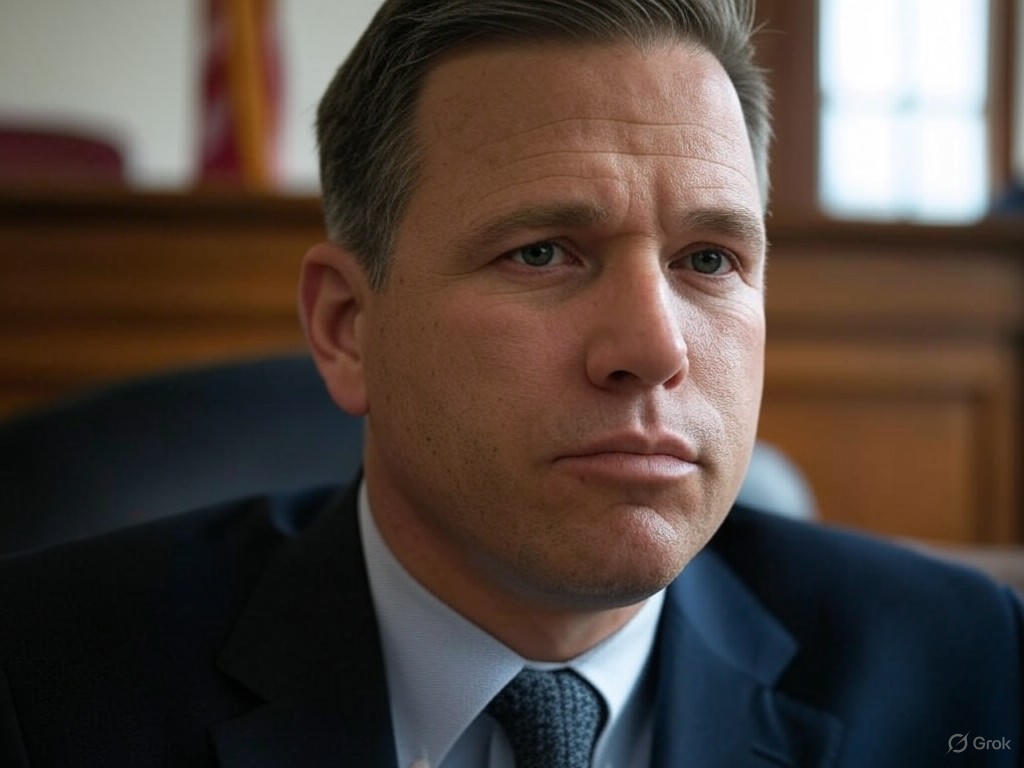Groundbreaking Verdict: Ex-CEO Jailed Over Stock Trading Plans
In a landmark ruling that has sent shockwaves through the corporate world, a former CEO has been sentenced to prison in a first-of-its-kind case involving stock sales through trading plans. These plans, widely used by thousands of executives to manage stock transactions without accusations of insider trading, are now under intense scrutiny following the conviction of Terren Peizer, the ex-CEO of Ontrak. This unprecedented prosecution has raised questions about the legal boundaries of such financial strategies and whether they can be exploited for personal gain.
Peizer’s case marks a historic moment in corporate law, as prosecutors argued that he manipulated trading plans to offload company stock while in possession of sensitive, non-public information. The court found that his actions violated securities laws, leading to a prison sentence that has stunned business leaders. His legal team vehemently contested the verdict, labeling it a profound injustice and arguing that the case sets a dangerous precedent for executives who rely on these plans to avoid market manipulation claims. They assert that Peizer followed standard industry practices and that the prosecution’s interpretation of the law was overly aggressive.
The implications of this ruling are far-reaching. Trading plans, often seen as a safeguard against accusations of insider trading, allow executives to schedule stock sales in advance, theoretically insulating them from claims of acting on privileged information. However, this case suggests that even pre-arranged trades can be challenged if authorities believe they were designed to skirt regulations. Legal experts warn that this could lead to a chilling effect, with executives becoming more hesitant to use such mechanisms, potentially disrupting how they manage personal finances tied to company stock. Additionally, companies may face increased pressure to monitor and report on the trading activities of their top brass, adding another layer of compliance burden.
Beyond the immediate impact on corporate governance, this verdict has ignited a broader debate about fairness in the financial system. Critics argue that while high-profile executives often face intense scrutiny, smaller investors rarely have access to the same legal protections or resources to navigate complex securities laws. Some industry watchers believe this case could prompt regulators to tighten rules around trading plans, ensuring they are not used as loopholes for unethical behavior. Others, however, caution against overregulation, warning that it could stifle legitimate financial planning for corporate leaders.
As the dust settles on this groundbreaking case, the business community is left grappling with uncertainty. The conviction of Peizer serves as a stark reminder that even widely accepted practices can come under fire when trust in corporate integrity is at stake. Moving forward, executives will likely tread more cautiously, and legal teams will need to reassess how trading plans are structured. This historic ruling may well redefine the balance between personal financial freedom and accountability in the corporate arena, shaping the future of executive stock transactions for years to come.


